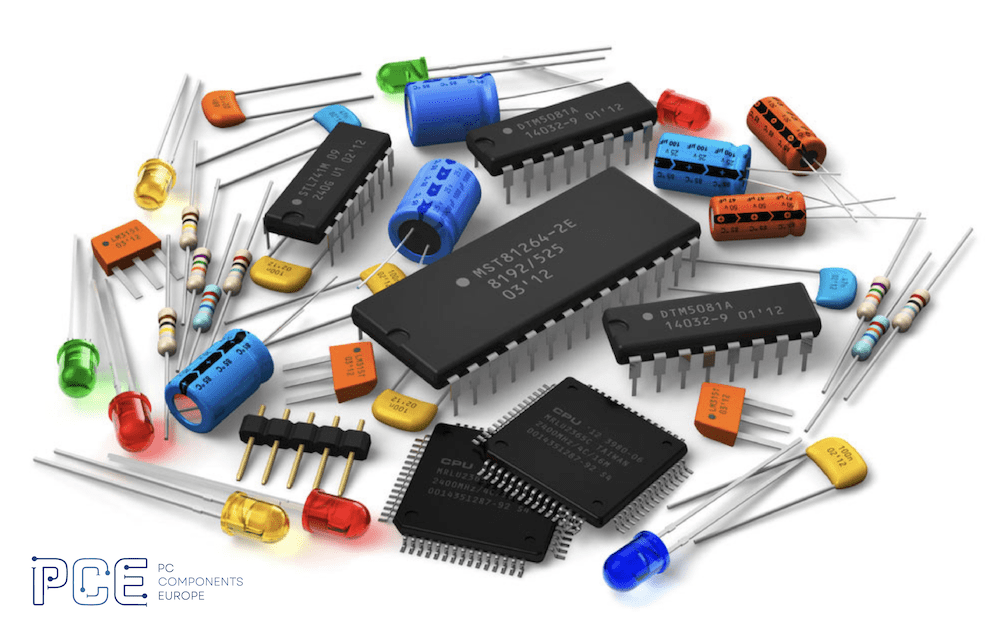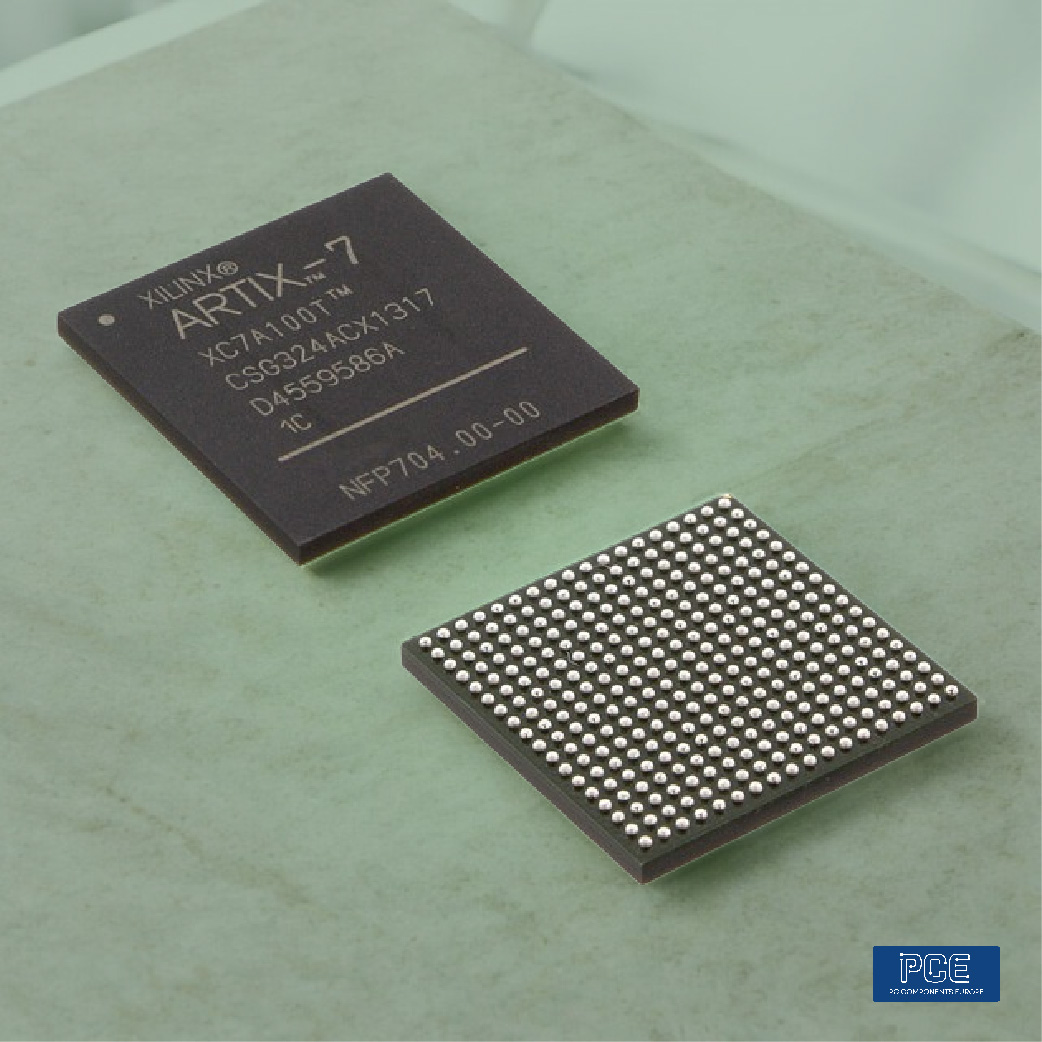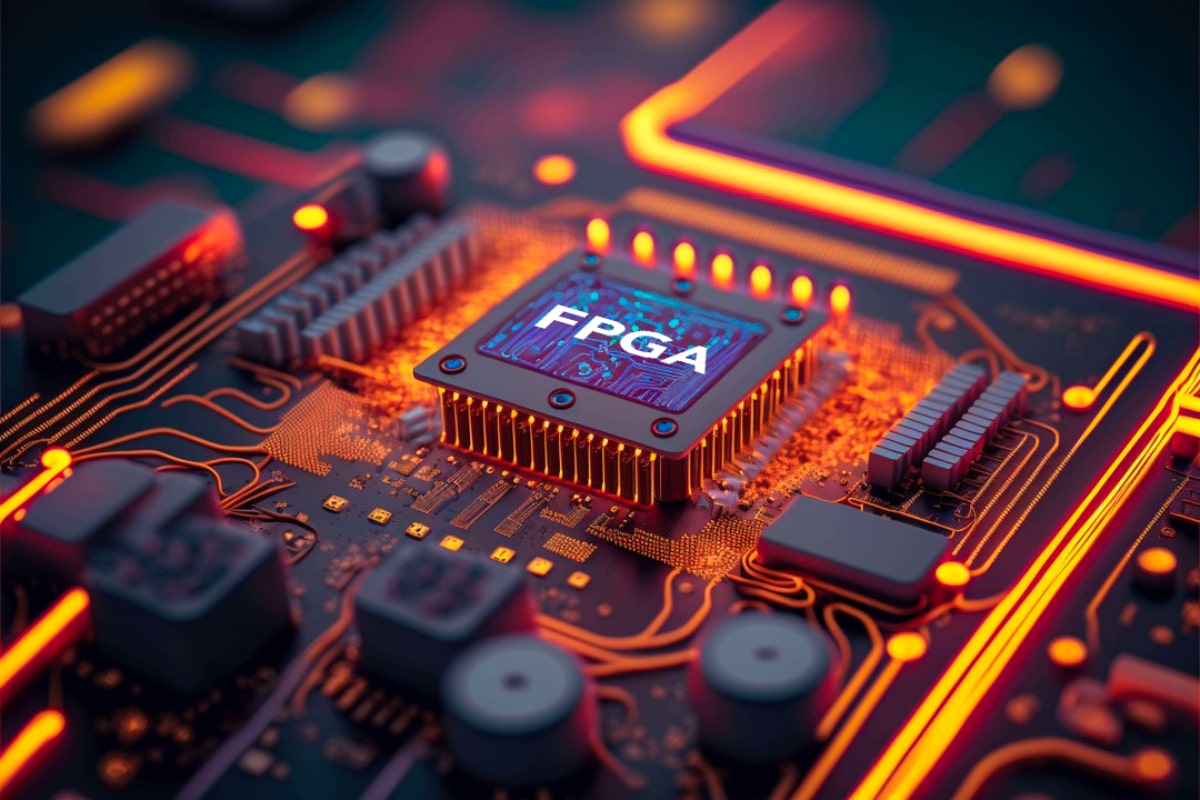In today's fast-paced technological landscape, electronic and electromechanical components are the building blocks of innovation. From complex circuits to precision mechanisms, components power the devices and systems that shape our modern world.
Electronics play an indispensable role—from the convenience of smartphones to the functionality of household appliances. At the heart of these technological marvels, you’ll find complex electronic components, each performing precise tasks to construct the intricate systems we rely on.
This comprehensive guide is essential for engineers, designers and decision makers in all industries to understand the importance, functionality and impact of electronic and electromechanical components.
Continue reading and find out more!
Electronic and Electromechanical Components Form the Backbone of Innovation
These vital components encompass a wide array of devices, from microchips and resistors to motors and sensors, each playing a crucial role in powering our everyday devices and driving technological advancements.
What are Electronic Components?
Electronic components include a wide range of devices designed to manipulate electrical signals or perform specific functions within electronic circuits.
From passive components like resistors and capacitors to active components like transistors and integrated circuits, each serves a unique purpose in the functionality of electronic systems.
Resistors regulate current flow, capacitors store and release electrical energy, while transistors act as amplifiers or switches, shaping the flow of electronic signals.
What are Electromechanical Components?
In contrast, electromechanical components integrate electrical and mechanical functionalities to perform various tasks.
These components include motors, relays, switches, and solenoids, among others.
Motors convert electrical energy into mechanical motion, driving everything from industrial machinery to consumer appliances.
Relays act as electrical switches, controlling the flow of current within circuits, while switches and solenoids provide mechanisms for user interaction and automation.
The Significance of Electronic and Electromechanical Components and Their Far-reaching Impact Across Various Industries
1.Foundation of modern technology
- Electronic and electromechanical components serve as the building blocks for countless devices we encounter on a daily basis. From smartphones and laptops to medical equipment and industrial machinery, electronic components are the foundation of modern technology.
- Without them, our interconnected world would not function efficiently.
2. Functionality and Precision
- Each component has a specific role—whether it’s a resistor regulating current flow, a capacitor storing energy, or a microcontroller managing complex tasks.
- Their precision ensures seamless operation, whether in consumer electronics or critical infrastructure.
3. Innovation and Advancements
- Ongoing research and development in this field lead to breakthroughs. New materials, miniaturization, and improved efficiency drive innovation.
- Components enable advancements in renewable energy, automation, and communication systems.
4.Quality and Reliability
- Components impact product quality, safety, and longevity.
- Rigorous testing ensures reliability, especially in critical sectors like aerospace and healthcare.
Sustainability and Environmental Impact
- Efficient components reduce energy consumption and contribute to sustainability.
- Recycling and responsible disposal are crucial to minimize environmental impact.
The applications of electronic and electromechanical components span a multitude of sectors
| Industry | Applications of Electronic Components | Applications of Electromechanical Components |
| Automotive Systems | Control engine performance, manage safety features, and enable connectivity functions. | Power vehicle systems, facilitate precise control mechanisms, and operate motors and actuators. |
| Aerospace and Defense | Critical roles in navigation systems, communication devices, and avionics equipment. | Ensure precise operation of flight controls, landing gear, and propulsion systems. |
| Healthcare Sector | Enable functionality of medical devices, monitoring equipment, and diagnostic tools. | Regulate fluid flow in medical devices and automated systems, supporting patient care and treatment processes. |
| Telecommunications | Form the foundation of communication systems, including routers, switches, and transceivers. | Facilitate signal transmission and reception, enable seamless connectivity in wired and wireless networks. |
How to Choose the Right Components?
Selecting the appropriate electronic and electromechanical components is essential to the success of any project or application. Factors such as performance specifications, reliability, and environmental considerations must be carefully evaluated to ensure compatibility and longevity.
When sourcing components, partnering with trusted suppliers and distributors is paramount.
Established distributors offer a full range of electronic and electromechanical components, backed by years of industry experience and a commitment to quality and reliability.
At PC Components Europe , we have over 20 years of experience (since 2001) and an extensive network of manufacturers and suppliers, allowing us to provide customized solutions that are precisely aligned with each project's unique requirements.
Our commitment to excellence ensures optimal performance and cost-efficiency .
We Meet Your Needs With a Blend of Quality and Timeliness!

At PC Components Europe we know that having the right components is crucial for success.
Our commitment to delivering high-quality ensures that your projects are powered efficiently and on schedule.
Our expertise lies in the complex world of electronics and electromechanical components, ensuring you can effectively drive the growth of your business. Contact us today to get high-quality components delivered in record time! (3-4 days or 7-10 days depending on the location of the parties in the world).


